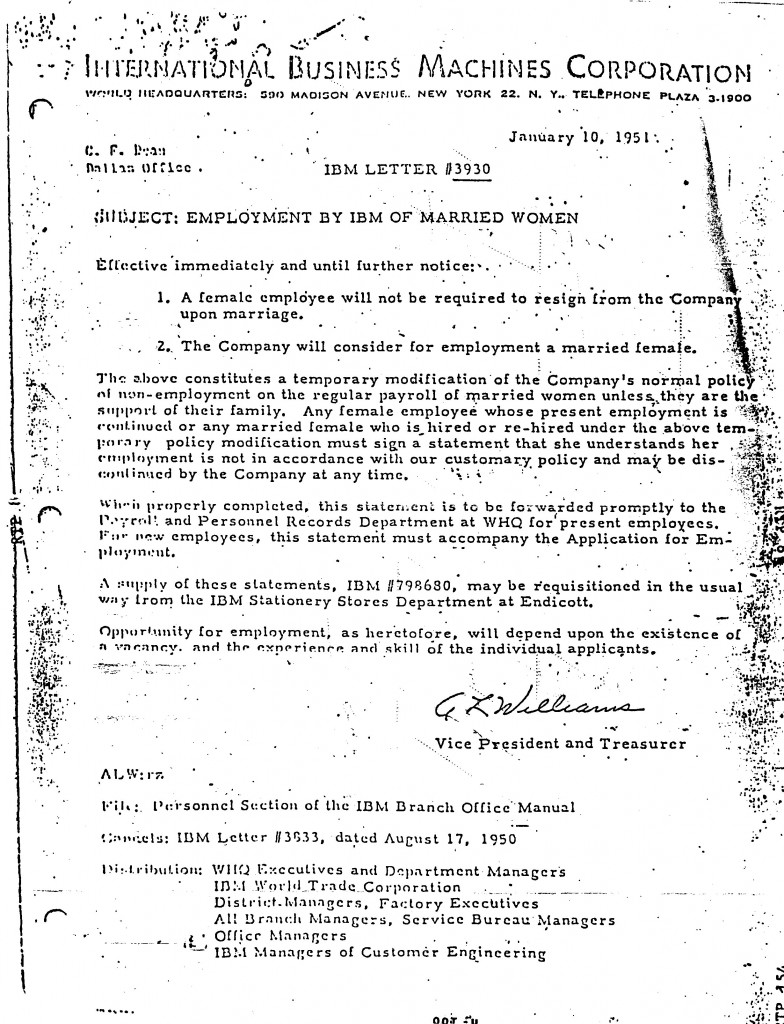E.C.S. sent along this clip from Keeping Up with the Kardashians in which the world is introduced to Kim’s wax figure, to be installed at the famous Hollywood wax museum, Madame Tussauds. E.C. asks, and suggests and answer to, the question: What has Kim Kardashian done to earn a spot beside historic presidents and renown musicians? Kardashian, she explains, is being honored for her capitulation to patriarchy. She explains:
Using her attractiveness, and her sexual and social capital as tools, Kim has made herself both a career and fame by winning the attention of men…
E.C. is referring, here, to Kardashian’s patriarchal bargain. A patriarchal bargain is a decision to accept gender rules that disadvantage women in exchange for whatever power one can wrest from the system. It is an individual strategy designed to manipulate the system to one’s best advantage, but one that leaves the system itself intact.
Indeed, this is what Kardashian has done, and very successfully. So, for what is she famous? For making this bargain and getting such a good deal for herself. “Congratulations, Kim,” E.C. writes, “for being patriarchy’s perfect woman.”
Clip:
See also our post on how Tila Tequila’s patriarchal bargain ultimately backfired.
Lisa Wade, PhD is an Associate Professor at Tulane University. She is the author of American Hookup, a book about college sexual culture; a textbook about gender; and a forthcoming introductory text: Terrible Magnificent Sociology. You can follow her on Twitter and Instagram.










